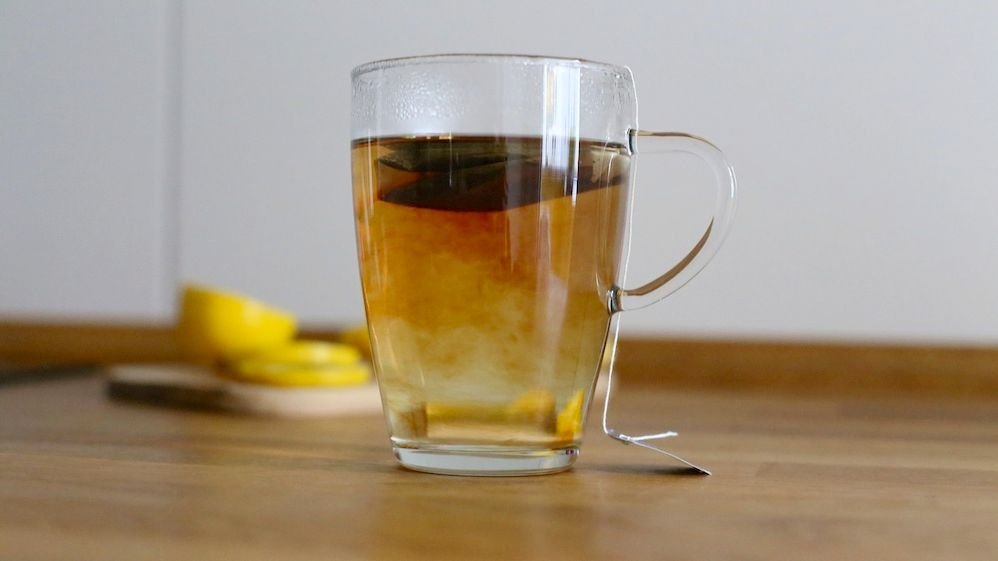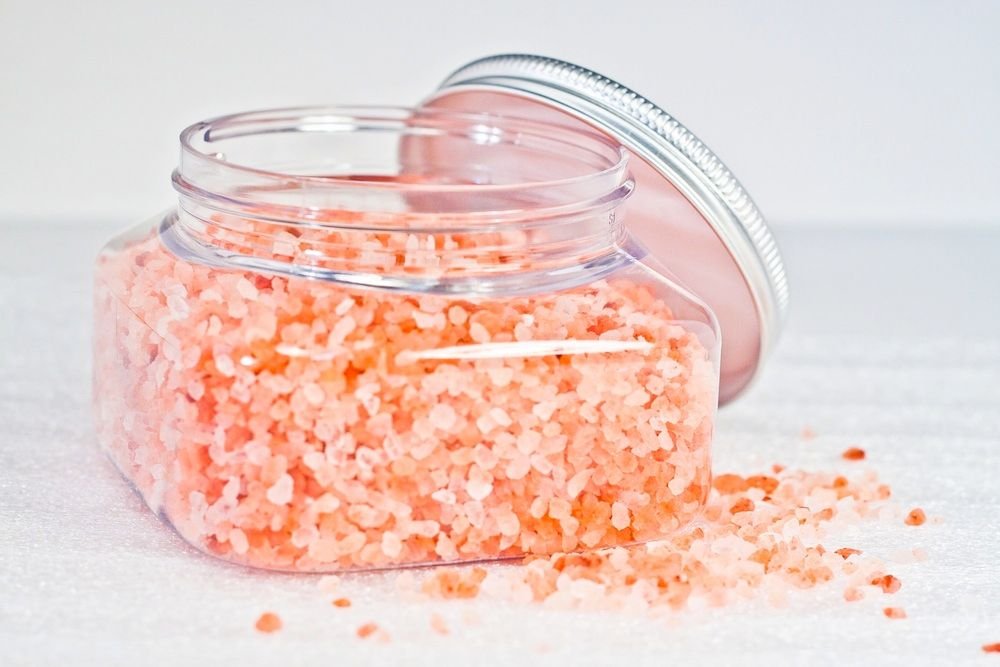Last year I lost 31 lbs (14 kg) through intermittent fasting. The question I get asked most often about it is: "How did you stave off hunger pangs?"

I followed the 5:2 diet, whereby for two days a week you eat no more than 500 calories if you're female, or 600 for men. In general I'm not a fan of calorie counting, but I think it can work as a guideline within the context of intermittent fasting.
Some people do their two fast days back-to-back, on consecutive days, but I preferred to have two separate days. In between those fast days, you can eat as much as you like.

Having reached my target weight last November, I continue to do one fast day a week, just to maintain my weight loss, and also because I think it's healthy to give your digestive system a rest for a few hours each week.
1. Be active!
If your day is packed with things to do, you'll probably find you forget about eating. I usually find that I get a few small hunger pangs around lunchtime on a fast day – and it's just due to habit, because they soon go away once lunchtime has passed.
Everyone has a different pattern of eating. I generally start my fast day with a black coffee for breakfast, followed by no more calories until 4pm, when I have my meal of up to 500 calories. If I'm busy, the time between 8am and 4pm flies.
After dinner, I go to the climbing centre for the evening.

I find physical activity the best way to forget about eating – I just drink lots of water to stay hydrated. If I feel hungry afterwards, I'll have a cup of chamomile tea before bed and look forward to my breakfast the following day.
2. Drink lots of water
It's very important to stay hydrated while doing intermittent fasting, and drinking water can help you feel full.
You can also have tea, coffee and fruit/herbal tea, but if you add milk/cream or sugar, it will eat into your 500 or 600 calories.

3. Eat a small amount of unrefined salt
Hunger pangs can sometimes be the body's way of reminding you that it needs certain minerals, and sodium is one of them. Salt, unlike sugar, is required by the body in small amounts, and low sodium levels can cause headache and dizzy spells.
Unrefined salt, such as celtic sea salt or Himalayan salt, contains important trace minerals, so remember to take a few crystals along with some water when you are fasting.

Alternatively, you could drink some miso soup, which is generally low in calories (check the pack for added ingredients that could raise the calorie level).
Tip: a raw tomato or mushroom with salt can make a surprisingly filling snack.
4. Do think about food – but don't obsess about it
I try not to think about food too much during a fast day, but if it does pop into my mind, I just think: "I'll have that tomorrow, or later in the week." Sometimes thinking about the next day's breakfast or imagining the nice meal I'm planning to enjoy with friends later in the week helps satisfy my food cravings – as long as I don't dwell on it in too much detail!
5. Have an early night
When I started doing intermittent fasting I used to get quite tired on fast days. I think this was because I'd been using food as fuel to keep me awake beyond bedtime. If you often crave high-carb foods – especially sugary foods – in the late evening, you may be unconsciously trying to stave off sleep.
I find that if I relax in the evening with a chamomile tea on fast days, I'm ready for bed at the right time, and I wake up the next morning ready for breakfast, but not massively hungry.

If you do find that you eat more than your allotted 500/600 calories a day…
…don't beat yourself up about it! You're winning in the long run.
For me, the joy of intermittent fasting is that it's relatively easy to maintain long-term, because you're not stuck in a lengthy tunnel of constantly feeling under-fed. So there's no need to rush or to set yourself impossible goals.
Finally…
I'm NOT advocating this as everyday behaviour. Intermittent fasting is about eating less OCCASIONALLY – not all the time. It's about enjoying your food one day and resting your digestion the next. It's not about weeks and weeks of low-calorie misery.
Further information:
The Fast Diet by Michael Mosley
5:2 Intermittent Fasting Diet on Facebook – a great support group
For more posts like this, visit the @make-it-healthy project!

.gif)
